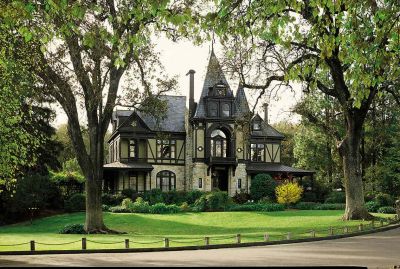World’s largest wine company uses solar to achieve sustainability
 Solar energy installations played a major roll in the world’s largest publicly-listed wine company’s recent announcement that it is 100 percent sustainable.
Solar energy installations played a major roll in the world’s largest publicly-listed wine company’s recent announcement that it is 100 percent sustainable.
Treasury Wine Estates owns more than 60 wine brands, including Beringer Vineyards, Chateau St. Jean, Penfolds, Wolf Blass and Stag’s Leap Winery.
The company announced earlier this month that the California Sustainable Winegrowing Alliance and the Central Coast Sustainability in Practice Program have certified that it is 100 percent sustainable.
“Our teams have worked hard to earn this certification, and we’re incredibly proud of this honor,” said Joel Fisher, director of corporate communications for Treasury.
While a lot of factors go into achieving a sustainable certification from the way the wine is processed and the way the grapes are processed to the materials used in building construction, energy conservation and consumption is one of the factors.
“Solar was integral to helping us achieve sustainability certification,” Fisher said.
With the exception of one wine of it California operations, all of the company’s vineyards and wineries are equipped with at least some solar, Fisher said.
Solar has grown in popularity among California vineyard and winery operators in recent years. And many of them have solar arrays to offset energy use.
“We host solar installations at our Beringer, Asti, Chateau St. Jean, Meridian/Paso 360, Stags’ Leap and Etude winery sites,” Fisher said.
The installations make a big impact on the energy footprint at each of the winer operations where they’re located. But one of the company’s wineries stands out, not only on the company roster, but in the California wine scene.
“Our Beringer site in St. Helena hosts the largest solar array of any Californian winery which can produce around 1.7 million kWh annually,” Fisher said.
The solar installations are just a part of the bigger picture for the sustainable wine operations, Fisher said.
“Sustainability is simply smart business and the right thing to do,” he said. “We are working to embed sustainability throughout our business. One of these tenets is to ‘use as little as we need, as efficiently as we can.’ It’s all about making the best wine possible without impacting future generations’



